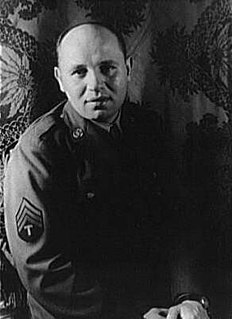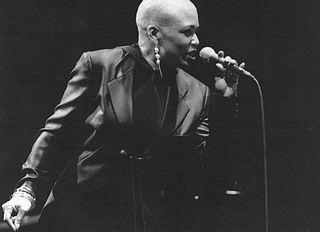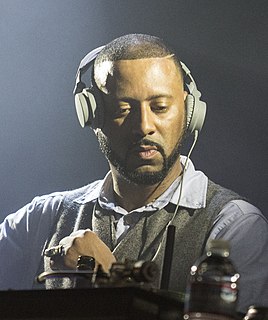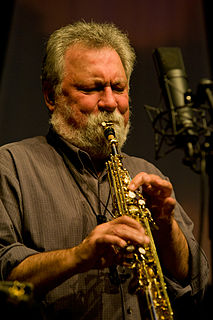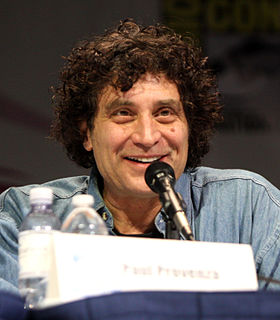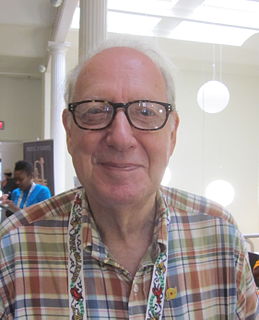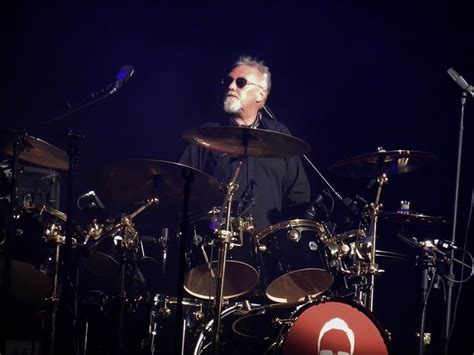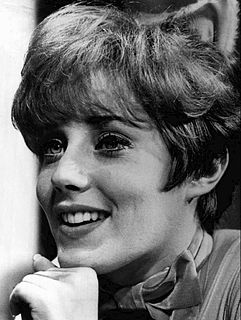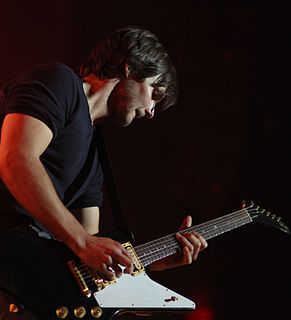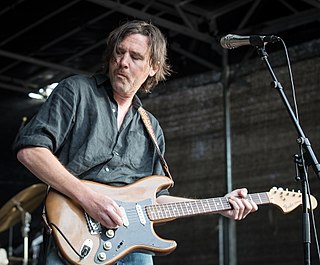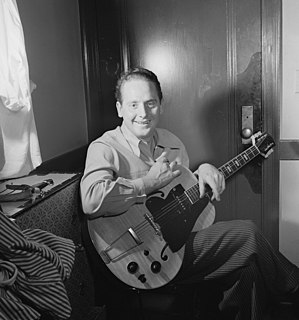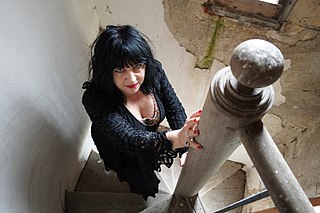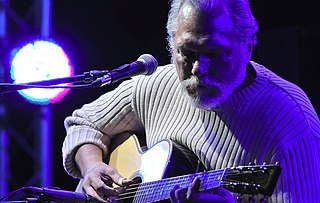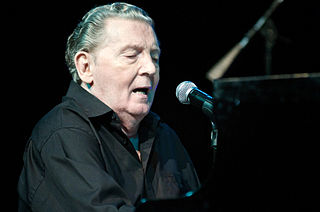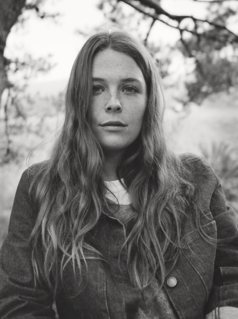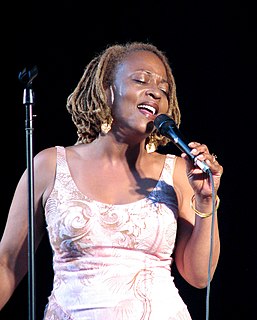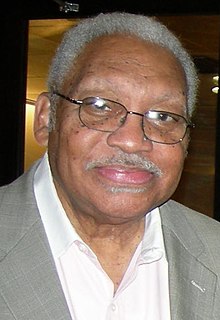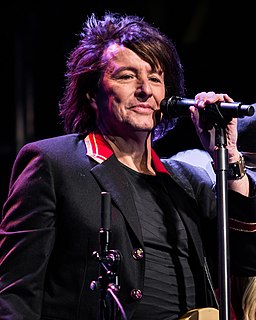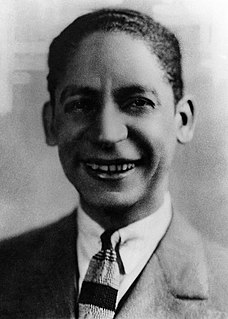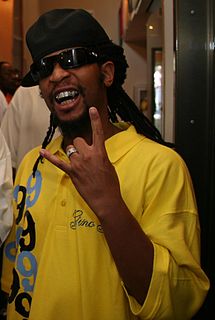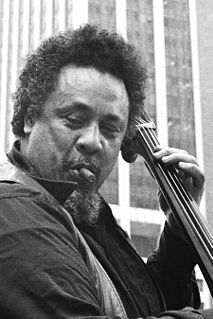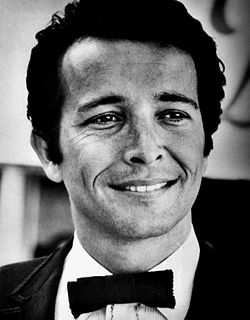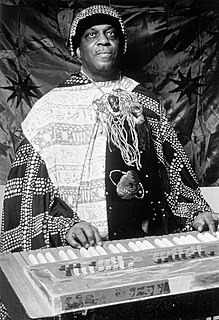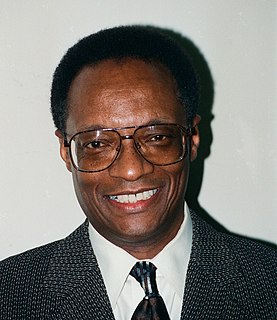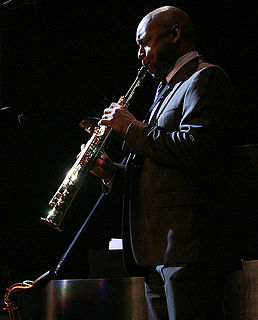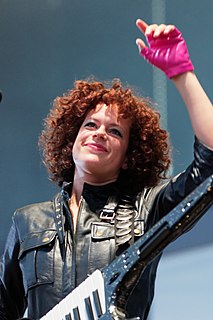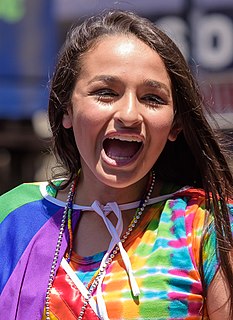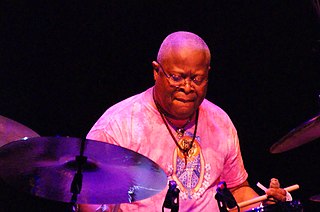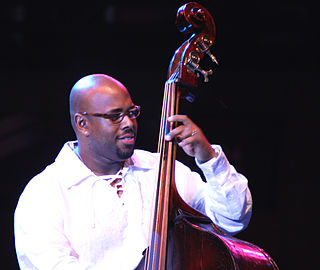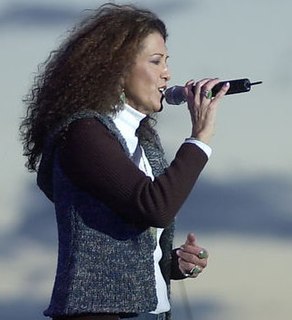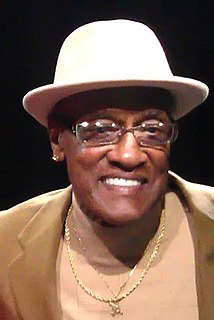Top 1200 Jazz Musician Quotes & Sayings - Page 5
Explore popular Jazz Musician quotes.
Last updated on December 19, 2024.
I remember the first time I was booked into a jazz club. I was scared to death. I'm not a jazz artist. So I got to the club and spotted this big poster saying, 'Richie Havens, folk jazz artist.' Then I'd go to a rock club and I'm billed as a 'folk rock performer' and in the blues clubs I'd be a 'folk blues entertainer.'
Armstrong was the key creator of the mature working language of jazz. Three decades after his death and more than three-quarters of a century since his influence first began to spread, not a single musician who has mastered that language fails to make daily use, knowingly or unknowingly, of something that was invented by Louis Armstrong.
I don't consider myself a musician who has achieved perfection and can't develop any further. But I compose my pieces with a formula that I created myself. Take a musician like John Coltrane. He is a perfect musician, who can give expression to all the possibilities of his instrument. But he seems to have difficulty expressing original ideas on it. That is why he keeps looking for ideas in exotic places. At least I don't have that problem, because, like I say, I find my inspiration in myself.
Normally, things are viewed in these little segmented boxes. There's classical, and then there's jazz; romantic, and then there's baroque. I find that very dissatisfying. I was trying to find the thread that connects one type of music - one type of musician - to another, and to follow that thread in some kind of natural, evolutionary way.
It is jazz music that called me to be a musician and I have always sang the songs that moved me the most. Singers, like Frank Sinatra and myself, we interpret the songs that we like. Not unlike a Shakespearean actor that goes back to the greatest words ever written, we go back to the greatest songs.
I have a musician friend who, after reading Mountains, told me, "When I read the book, I wanted to quit music altogether and become a doctor." I told him, "Do you really think you can be a better doctor than you are a musician? Nobody needs you as a lousy doctor. Just be the one-of-a-kind, brilliant musician you are, and divert your success somehow to benefit the poor." You can achieve so much more this way.
Truth of the matter is, jazz is American music. And that doesn't mean bebop. Jazz is really about improvising. All the music that's been created in America has been pretty much improvised... Whether it's hillbilly or rock n' roll for blues, it's basically jazz music... It's basically about another way of hearing what comes out of America.

